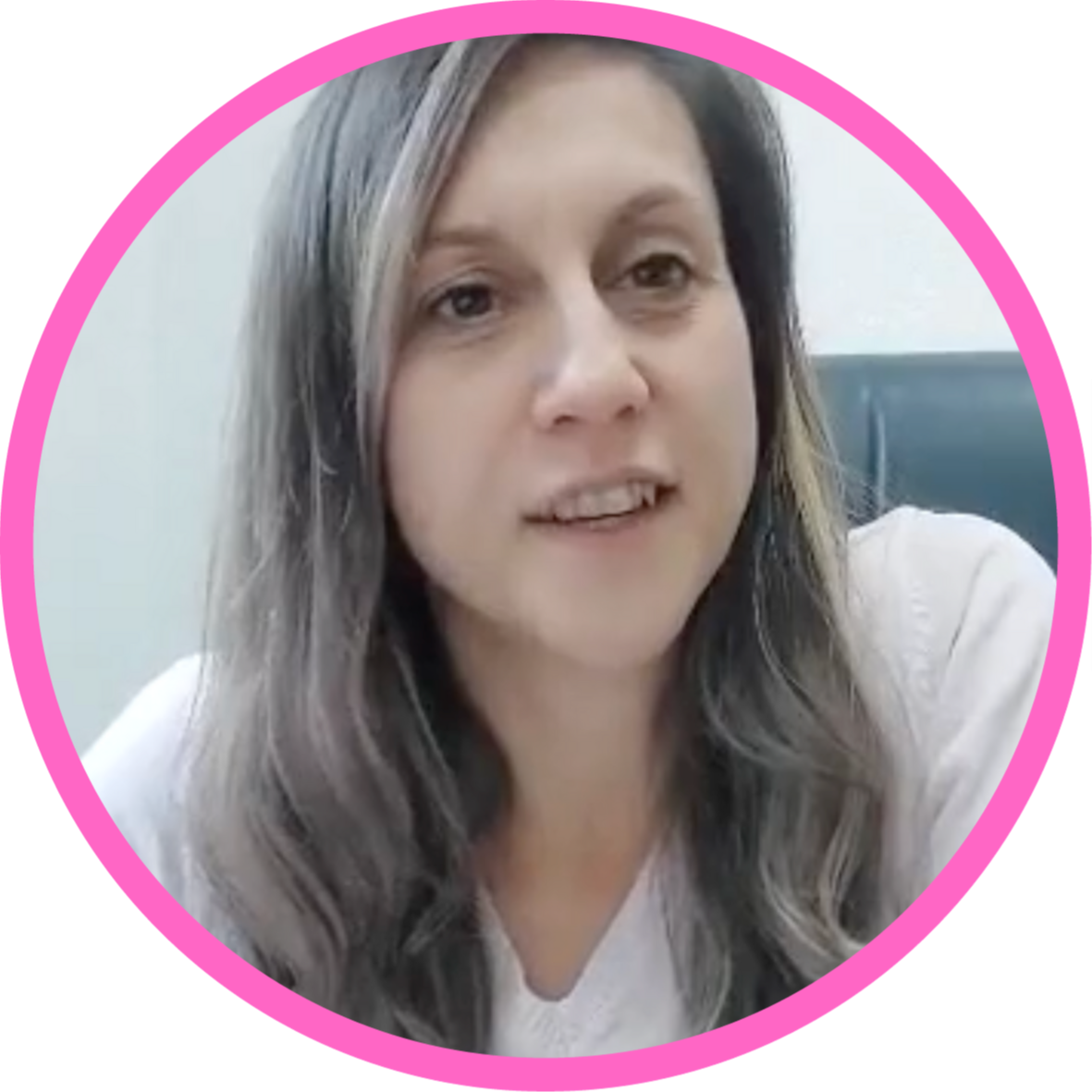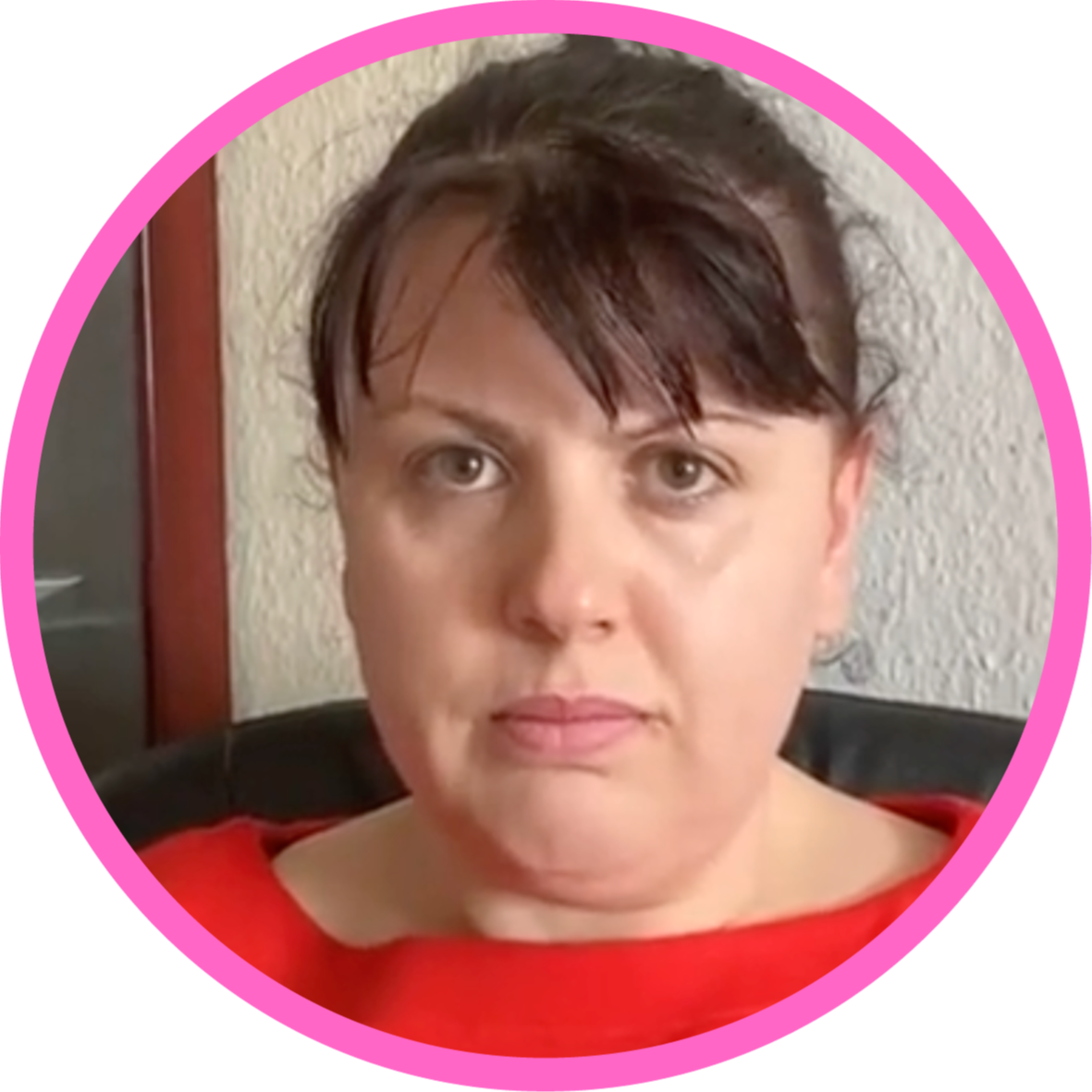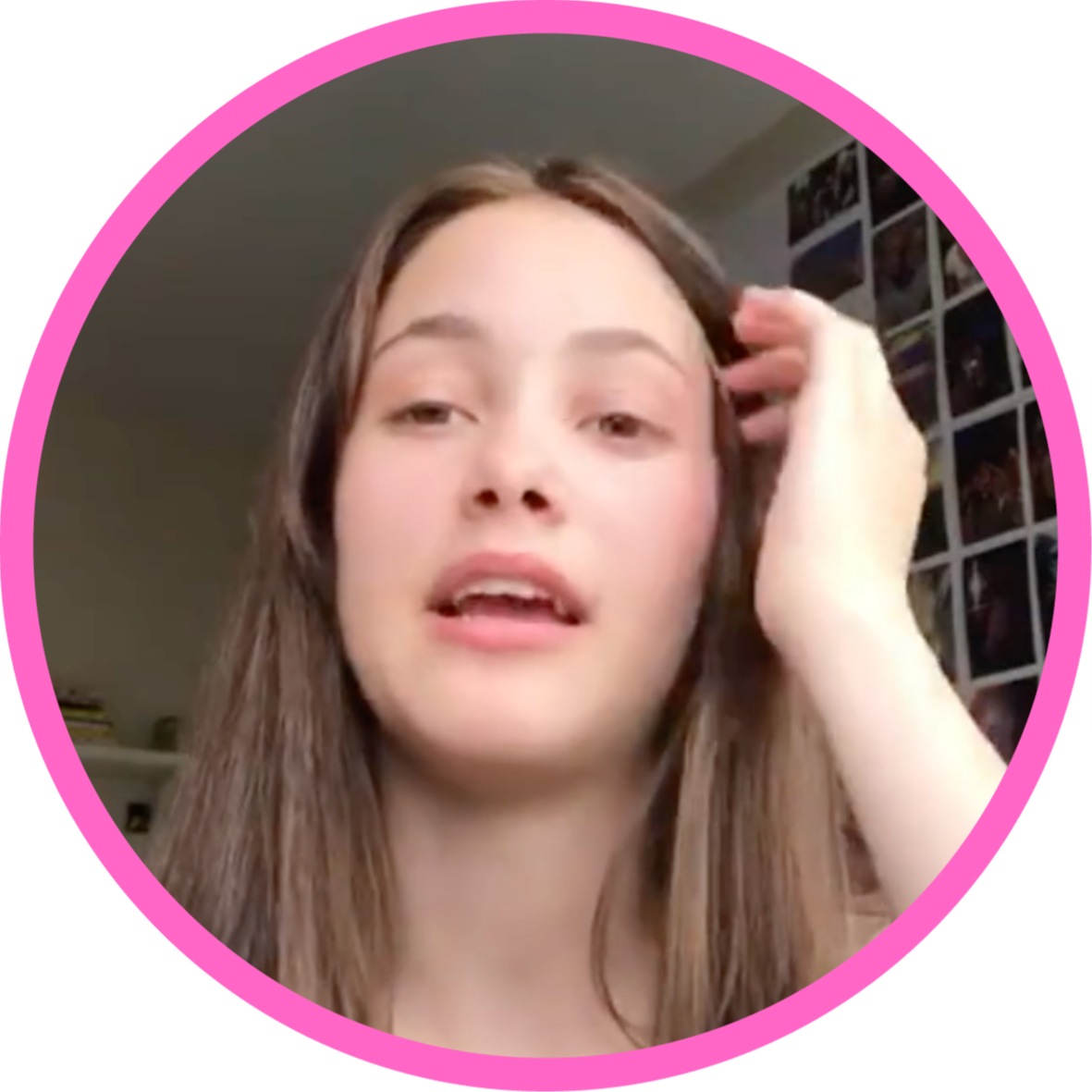Master the uses of used to, be used to and get used to

Used to
We use the “used to” structure in English to talk about past states and past habits that are not true anymore. Sure, but what does that mean???? When I ask my students, "Could you tell me a sentence with a past state?", they freeze. So let me break it down for you.
Used to - past states
States – where you live, where you work, what you like/ love/ hate, your appearance.
So, has any of these changed for you? If so, you can use “used to” to say that they are different from what they were before.
I used to live in Kosovo. ( do I still live in Kosovo? – No)
I used to live in a flat.
I used to work in a real classroom in a language school.
I used to have blond hair.
I used to be size 8.
I used to hate mushrooms.
I used to be camera-shy.
This means none of the states above is true today. You can always add another clause to say how it has changed or how it is now.
I used to have blond hair, but now my hair is black.
I used to hate mushrooms, but now I love them.
So, when you're talking about past states, consider these changes.
Your job/workplace
I used to work in… I used to work in a language school.
I used to work for…. I used to work for an amazing company.
I used to work with… I used to work with children.
I used to be a…. I used to be a nursery nurse.
Things you like/love/hate
I used to like… I used to like fast food.
I used to love… I used to love cooking.
I used to hate… I used to hate mushrooms.
Appearance
I used to have... I used to have blonde hair.
I used to be ... I used to be slimmer.
Personality
I used to be … I used to be very shy, but I'm not anymore.
I used to be… I used to be very quiet, now I talk a lot.
Used to - past habits
The biggest use of USED TO is for past habits. Habits are things we do repetitively, often subconsciously, but one thing can happen, and your life can change forever, and of course, your habits too.

If you are a mother, you know the moment that little creature came into your life, the joy, the happiness, and then BOOM, the fear, the responsibility, the change. As soon as you take your beautiful baby home, you realize that your life has changed forever and a lot of your habits become past habits.
So here are a few things that I stopped doing, therefore, they became past habits when I became a mother.
I used to wear a lot of makeup. (now I do that when I record lessons).
I used to wear high heels. (now I only wear them for family pictures).
I used to blow dry my hair every day for 30 minutes, now, I do that on special occasions.

I used to remember things, now I set alarms. ( Call mum because she didn’t answer the first time).
A lot of things changed in our marriage life too.
We used to go out at the weekends, now we have movie nights. (that’s if I don’t sleep before my daughter)
We used to wish each other good night, now we wish each other good luck. ( I’ve stolen this from one of my favourite comedians – But I totally agree with him).
We used to buy each other presents, now we both buy for our daughter.
We used to make spot-on decisions, now we make long-life plans.
But of course, there are things that I didn’t use to do before I became a mother, but now I do them regularly. `
I didn’t use to wear trainers, now I have a collection of them to match any outfit.
I didn’t use to visit parks very often, now we are regular visitors.
We didn’t use to sleep before 12 o’clock, now we do.
We didn’t use to sleep with music on, now that’s the only way we can all sleep for hours.
What about you?
Did you use to wear a lot of makeup before you became a mother?
Did you use to wear high heels?
Did you use to go out at the weekends?
Did you use to fall asleep with Twinkle-Twinkle little star on?
Did you use to wake up a few times during the night?
This is the question form of "used to", but you can always use this structure in more detailed questions by adding question words.
What did you use to do at the weekends before you became a mother?
How many hours did you use to sleep?
How often did you use to meet your friends?
How often did you use to go to the hairdressers?
When did you use to go to sleep?
Where did you use to go shopping?
The structure "used to"
used to + verb ( bare infinitive)

Use to doesn't change form in positive sentences.
I used to
You used to
He/she/it used to
We/you/they used to
BUT in negative sentences, it becomes didn't use to.
I didn’t use to
You didn’t use to
He/she/it didn’t use to
We/you/they didn’t use to
I used ... I didn’t use.... Did I use… So if in the positive form, the verb has ed – used, in the question and negative form, there is the auxiliary verb did to help us understand that it is a past structure, so the verb doesn’t need to change.
The same thing happens in the Past Simple.
I walked to work.
I didn’t walk to work.
Did you walk to work?
Pronunciation
used to and use to - are pronounced exactly the same, but they don't have the same meaning, so in writing, make sure you always write that d in USED TO structures in positive sentences.
Be used to and get used to
We use ”be used to” for situations and things that we are familiar with and “get used to” to talk about situations and things that we are becoming familiar with.
My daughter started school this week, so we must get used to a lot of changes.
be used to + gerund/noun
get used to + gerund/noun
She is used to sleeping late. (already familiar with)
Now
She needs to get used to waking up early. (needs to become familiar with)
She is used to having all her toys for herself.
Now
She needs to get used to sharing her toys.
She is used to having me there to stand up for her.
Now
She needs to get used to managing situations herself.
On the other hand, I need to get used to planning my routine around her school hours and activities. But I am sure with time, we will get used to all of these. So, I think in the future we will become familiar with all these changes.
will get used to - we aren't yet, but in the future, we will become familiar with this.
We will get used to planning our activities and holidays around her school times.
We will get used to a new routine.
She will get used to her school and her teacher.
got used to - wasn't but became familiar with it after a period of time.
During the first year of motherhood, I became familiar with a lot of new things.
I got used to sleeping with music on.
I got used to sleeping less.
I got used to singing with my eyes closed.
Sometimes it happens that this change gives us a hard time, we just can’t get used to it. As a new mom, I had a few struggles.
can't/couldn't get used to - find it difficult to become familiar with
I couldn’t get used to sleepless nights.
I couldn’t get used to leaving her with someone else.
I couldn’t get used to the smell of a nappy.
Or I can get used to….. meaning. This is so good. I can do this again and again.
You spend a day at the spa with your best friend.
I can get used to this. I can do it every week.
Your husband cooks your favourite meal.
I can get used to this. Can we do it more often, please?
Hey ladies, how are you doing so far? I know you love grammar and you love a challenge. Here is a little quiz for you to practice this grammar further.
Get used to do or doing?
We generally get used to something/ someone or an action/ activity. Therefore, get used to - is followed by a gerund ( working) or noun ( weather).
I got used to working at the weekends.
We got used to living in the city.
I got used to British weather.
We got used to the city.
Used to or would?
What’s the difference between Used to and would?
We use both "used to" and "would" to talk about past habits.
I used to meet my friends every day.
I would meet my friends every day.
When you say I used to meet my friends every day, it is understandable that you did that in the past and you don’t do that anymore, but when you use would, you should say when.
I would meet my friends every day before I became a mother.
We would go out every weekend before our daughter was born.
We don’t use would for past states.
I used to have blonde hair. NOT I would have blonde hair.
I used to live in a flat. NOT I would live in a flat.

























